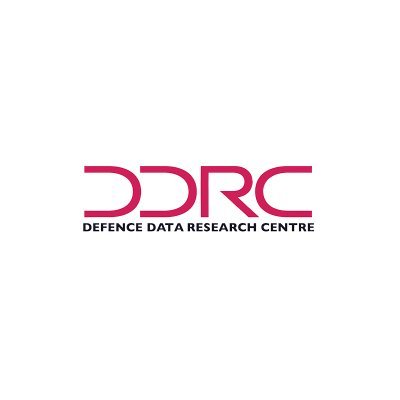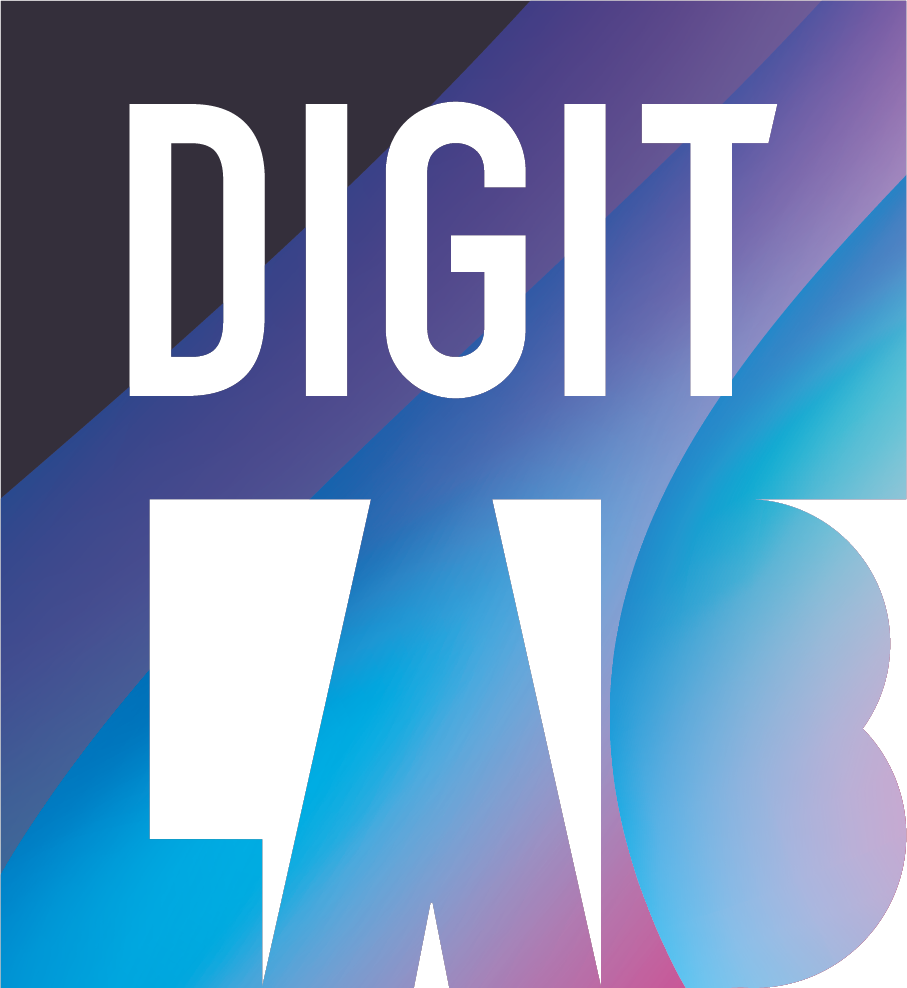
Funded Value:
£1,116,752
Funder:
EPSRC
Project Status:
Active
Project Reference:
EP/R044937/1
Lead Research Organisation:
University of Exeter
Principal Investigator:
Professor Roger Maull
Co-Investigators:
Dr Zena Wood
The Digitally Enhanced Advanced Services Network + is a vibrant community of digital economy experts from the Universities of: Exeter, Aston, Nottingham and Cranfield. Positioning the UK as the internationally leading research hub for Digitally Enhanced Advanced Services. The University of Exeter was awarded £1,116,751 by the EPSRC to fund this research hub, with Professor Roger Maull, as the Principal Investigator.
The Network aims to transform businesses, by shifting the focus from the product or service to how it will be used. In this way, providing customers with their desired ‘outcomes’. This signifies a major change in how firms earn money and is being enabled by transformative digital technologies. For example, Rolls Royce selling a complete service of ‘power-by-the-hour’ to airlines, rather than just providing a jet engine. The impact of these changes is in firm productivity and using digital technologies to transform the value of the output. This also lies at the centre of the sustainability argument. Reducing resource usage requires aligning incentivising producers and users in use-based contracts is fast emerging as the only viable business model to achieve that goal. (Ng, Maull, Yip European Management Journal 2009)
DEAS is encouraging Early Career Researchers from computer science, engineering, business schools and the wider social science to collaborate closely with DEAS and our industry partners. Over £600,000 of the funding awarded is available to support a range of exciting, interdisciplinary research opportunities and initiate a comprehensive research agenda that will accelerate the innovation and Impact of DEAS in the UK.
Financing the Digital Economy
From financing products and purchases to financing service and use. Read the working paper by Dr. Phil Godsiff, Dr. Zena Wood








